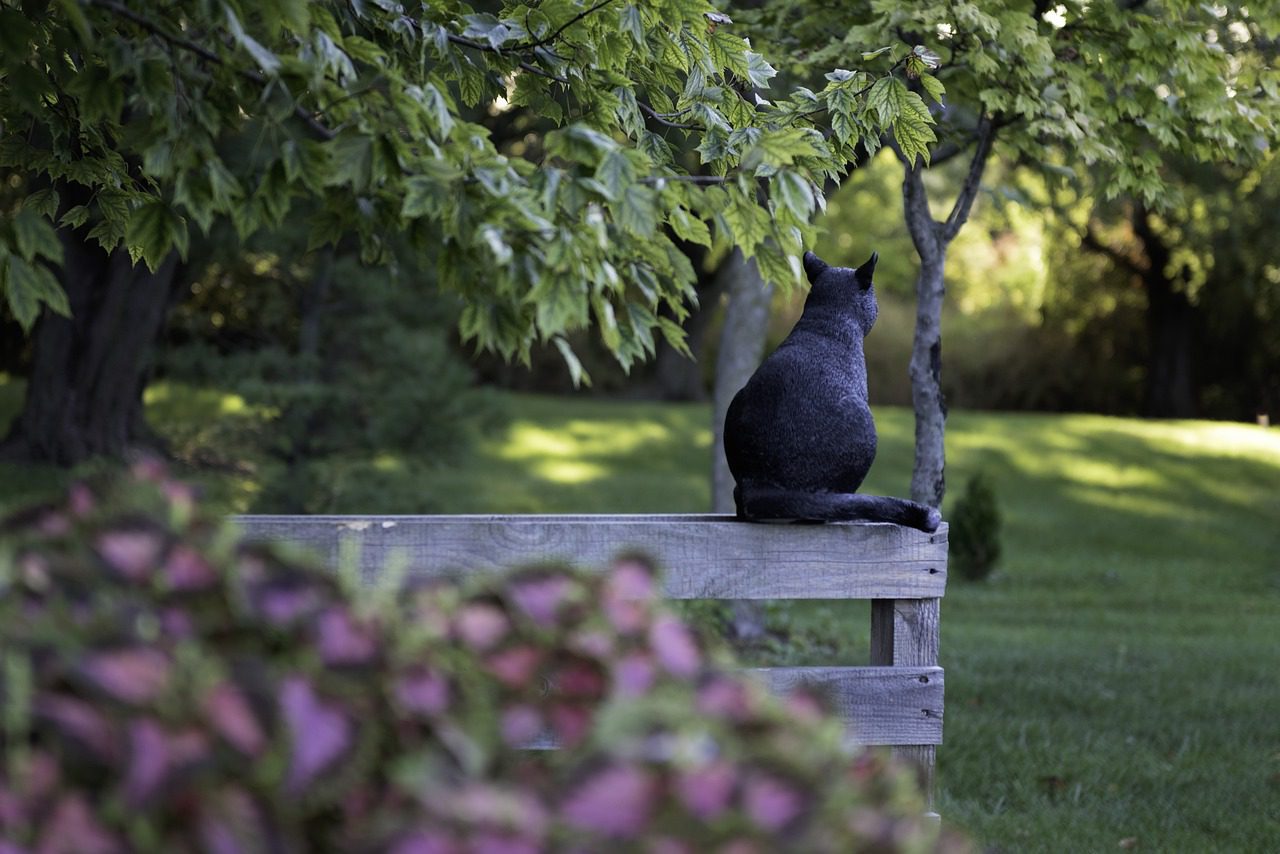You might be feeling tempted to get along with your feline partner while planning some traveling for a few days of vacation! The presence of any adorable four-legged partners transforms the travel into a memorable one. And, what more can you ask for when your feline...
What You Need To Know While Traveling With Your Cat
Continue Reading










